Lessons Learnt
Intendencia de Cerro Largo - Uruguay
Municipio de Aceguá - Brasil
Municipio de Candiota - Brasil
Municipio de Peñalolén - Chile
Municipio de Presidente Franco - Paraguay
Municipio de San Bernardino - Paraguay
Municipio de San Isidro - Argentina
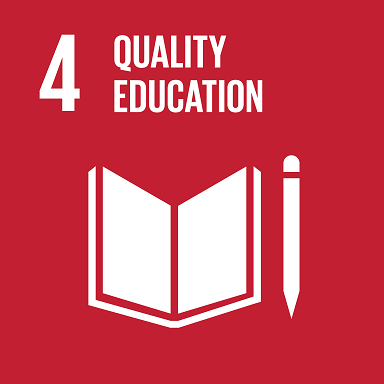
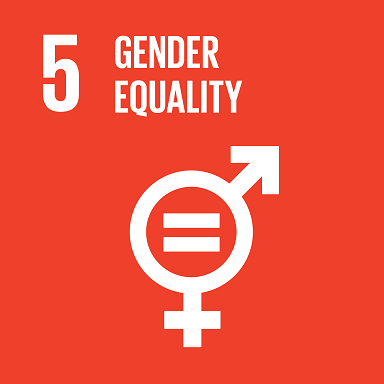
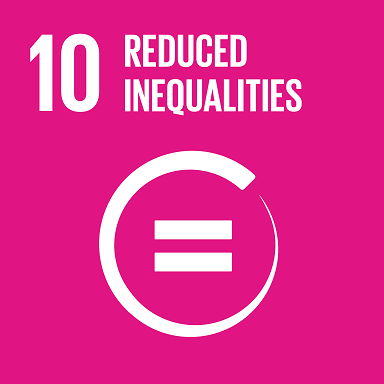
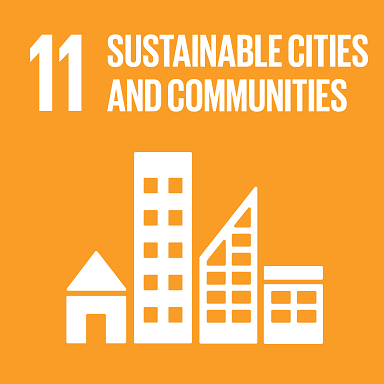
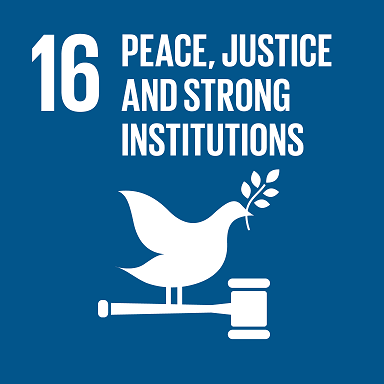
Building thematic working agendas linked to the Political Dialogue Meetings
Description of the action that gave rise to the learning:
One of the main components of the Mirada Ciudadana project are the Political Dialogue Meetings, which consist of meetings between the authorities of the partner local governments to exchange ideas about the reality of their municipalities and their main challenges, promoting open dialogue and encouraging the joint creation of solutions. After the experience of the first meeting at the beginning of the project, the management team realized that, while it was important to promote exchanges between municipal authorities, it was also necessary to accompany them with thematic working-enabling environments to involve a greater number of stakeholders, including the final beneficiaries.
This learning has led to the creation of Thematic Meetings, which consist of work-enabling environments that involve not only the political representatives of each municipality but also all the actors of the civil society, academic institutions and private sector that can offer and demand innovative experiences adapted to the specific context of the municipal area, with the objective of generating exchanges and learning that can strengthen capacities and positively impact the needs of the local governments that are partners in the project.
The project management team has prioritised Thematic Meetings with an impact on Agenda 2030, and especially on Gender (SDG 5) and Open Government (SDG 16) policies such as those held in Uruguay on "SDGs and Local Governments", in Paraguay on "Decentralization and Resources", in Argentina on "Social Policies, Senior Citizens and Public Security", in Chile on "Open Government" and in Paraguay and Uruguay on "Women Entrepreneurs".
Experience gained:
The importance of giving continuity to political dialogue gatherings with thematic meetings allowing to work on agendas that integrate all the actors involved in the prioritised topics, capitalising on the innovative experiences.
Impacts:
Foreseeing thematic meetings behind the political dialogue gatherings allow for:
- A framework for work and collaboration adapted to the needs of the municipalities and with strong political support.
- A greater involvement of different actors, other than governments, such as: academic institutions, civil society and the private sector.
- A working space for the exchange of knowledge between providers and beneficiaries, capitalizing on the strengths and innovative experiences of the partners.
The added value of Triangular Cooperation: (more information here)
1. Building ownership and trust.
2. Promoting complementarity and increasing coordination in development cooperation.
3. Sharing knowledge and learning jointly.
4. Co-creating solutions and flexibility.
5. Enhancing the volume, scope and sustainability of Triangular Cooperation
6. Achieving global and regional development goals through strengthened partnerships for sustainable development.
RELATED FILES
Thanks to the project, a consolidated methodology has been developed and implemented for the joint creation of work agendas for peer-to-peer visits aimed at compiling best practices and issuing recommendations. Different visits have been successfully carried out using this methodology, showing a real appropriation of the tool by the recipient country and a high level of commitment, knowledge exchange and technical trust from all participants. One of the most prominent was the visit to Paraguay, during which the project raised the possibility of providing technical assistance to the Ministry of Childhood and Adolescents, focusing on the design of a census of homeless children and adolescents. This generated new lines of work beyond what had been planned with a clear triangular cooperation approach.
Thanks to the peer-to-peer dialogue promoted by DIALOGAS, the National Technical Tables for Institutional Coordination in Transversal and Socio-Emotional Competences were created in Argentina, Paraguay and Guatemala and the conditions for the creation of the Tables in Chile, Panama and Uruguay were settled.
Defining and organising, within the framework of a methodology, a series of essential guidelines aimed at identifying the final beneficiaries and establishing the lines of work with them in the face of the challenge of working directly with small producers in different countries and very diverse environments.
Thanks to the project, Thematic Meetings have been designed and carried out to address the subjects prioritised in the Political Dialogue meetings with the political representatives of each partner municipality, considered as a lesson learned that can be found in this Knowledge Bank of the ADELANTE Programme. Thanks to the correct identification of the subjects prioritised in the Political Dialogue Meetings by the project's coordination team, several Thematic Meetings were successfully organised, including two of great impact on SDG 5, especially aimed at women entrepreneurs.
The National Institute of Industrial Technology (INTI), which coordinated the project, had an extensive experience of good cooperation with the European Union (and other international donors) and had its own procedures in place. However, preparing to undertake a project under the Triangular Cooperation modality for the first time revealed the need to adapt these procedures and posed a challenge for the institution, which wanted to prepare itself in the best possible way by creating a methodology adapted to this modality, which was agreed upon with all project partners.
Thanks to the project, the first unique tool for the assessment at the regional level of transversal and socio-emotional competences has been created, which will allow the collection of data from different countries in order to compare them and get a comprehensive view of the subject.
Applying principles and mechanisms of collective or group building throughout the cycle of training and technical assistance, in order to guarantee the active and balanced contribution of all participants, thus improving the learning and its application.
Sharing the project's products with peer entities in order to contrast and enrich them.
At the beginning of the project, there was a theoretical framework for "Peer-to-Peer technical visits": one of the pillars of the project which consists of visits to each of the partner countries, including political and technical representatives from other countries involved, in order to collect best practices and make recommendations. This theoretical framework has, gradually and thanks to the lessons learned from each visit and the experience and global vision of the project team, become a consolidated methodology whose main characteristic is to bring those involved into the limelight.




